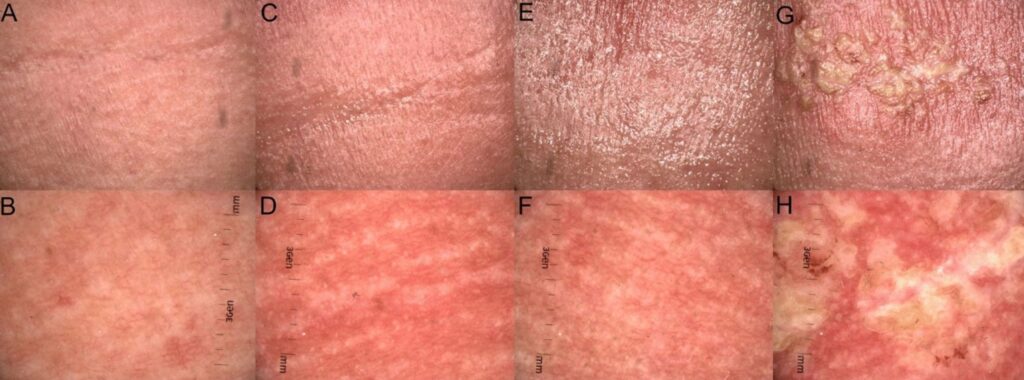An estimated 50% of those diagnosed with cancer receive radiation treatment as part of their care plan. And while radiation is used to kill cancer cells, it also kills healthy vascular cells and skin as a result. In fact, 95% of patients who undergo radiation therapy experience skin injuries.
As radiation treatments and cancer survival rates continue to increase, we’re seeing more patients with associated radiation wounds requiring specialized treatment.
The Angeles Wound Care Institute (AWCI) is Oregon’s leading radiation wound specialist, using state-of-the-art treatments for accelerated healing. We strive to provide the highest standard of patient care, prioritizing recovery on a cellular level. Our team has over 20 years of experience in advanced wound therapies and works closely with cancer patients and those in remission to provide specialized radiation wound treatments.
The Impact of Radiation on the Skin
Radiation kills cancer cells, but it also damages the surrounding skin and tissue as it reduces blood flow to these areas. This reduction in blood supply results in scarring, ulcers, wounds, and chronic pain. Radiation wounds, also known as radiation-induced skin injuries, are a common side effect of radiotherapy treatment.
Radiation can result in several types of skin issues, including nonhealing ulcers, fibrosis, lymphoedema, and radionecrosis. The deleterious effect radiotherapy has on normal skin tissue can result in chronic wounds that are difficult to treat.
Skin renewal occurs every 26 days, making the skin more vulnerable to radiation damage than other organs. The most severe skin injuries typically occur towards the end of a patient’s radiotherapy treatment and on especially sensitive areas including the face, neck, and extremities. However, the degree of skin damage depends on the radiation intensity and the patient’s tissue sensitivity.

Although cancer patients typically have a determined number of radiotherapy treatments, these skin conditions can continue to become worse in the months and years after treatment. Areas of the body where the radiation was targeted are more likely to experience radiation injuries. Most patients will seek treatment for radiation wounds due to the chronic pain they’re experiencing as a result.
Types of Radiation Wounds
There are four grades of radiation wounds according to the Radiation Therapy Oncology Group (RTOG) scale:
Grade 1: Mild redness and inflammation
Grade 2: Moderate or more severe redness, especially near the injured site and skinfolds, some desquamation or shedding
Grade 3: Skin peeling and damage to the upper layer of skin, vulnerable to bleeding at injury site with slight trauma or abrasion
Grade 4: Skin necrosis and full thickness wounds, active and or spontaneous bleeding and ulceration, may be life threatening.
We recommend advanced wound healing beginning at Grade 2 or 3 depending on the patient, timeline, and severity. Advanced therapies like skin grafting are often required at Grade 4.
Advanced Therapies for Healing Radiation Wounds
Radiation wound healing focuses on promoting new blood vessel and tissue growth to help close wounds and repair the skin. Common initial radiation wound healing treatments include negative pressure wound therapy and debridement. At the AWCI, we specialize in birth tissue skin grafts to promote faster wound healing on a cellular level, prevent infection, and promote new dermal tissue growth.
Our specialist radiation wound care team will create a comprehensive care plan to promote healthy tissue growth and aid with recovery. A wound specialist will help reduce recovery time and enhance healthcare outcomes.
Oregon’s Leading Specialist in Healing Radiation Wounds
Regular care is crucial for treating radiation wounds. At the Angeles Wound Care Institute, we are experts in healing radiation wounds. Complete our new patient referral form or contact our team for more information about our radiation wound therapies and chronic wound treatments.


